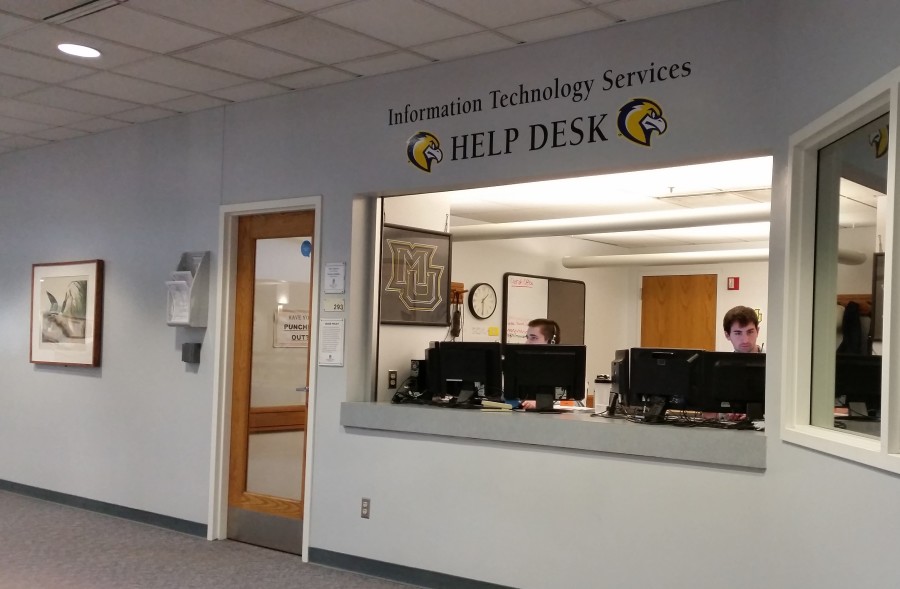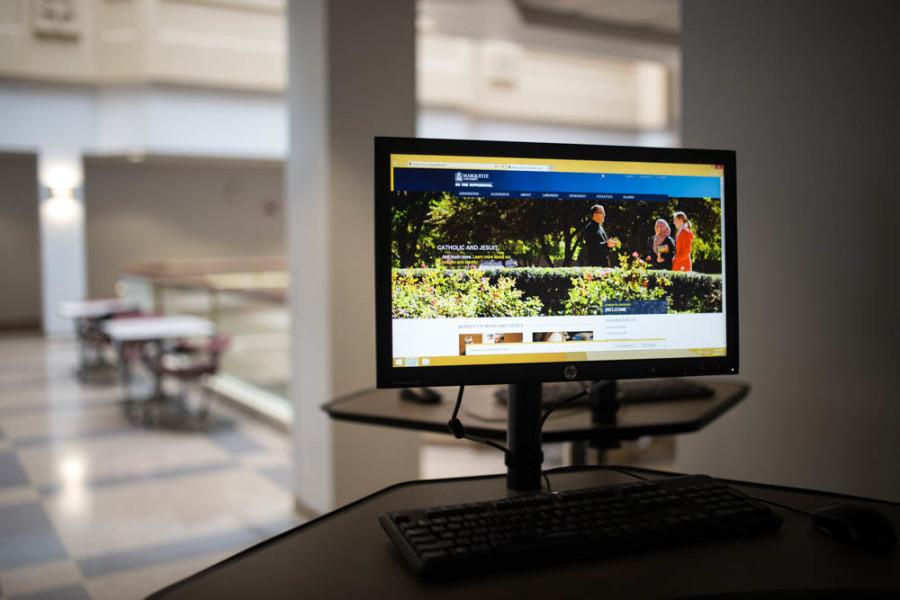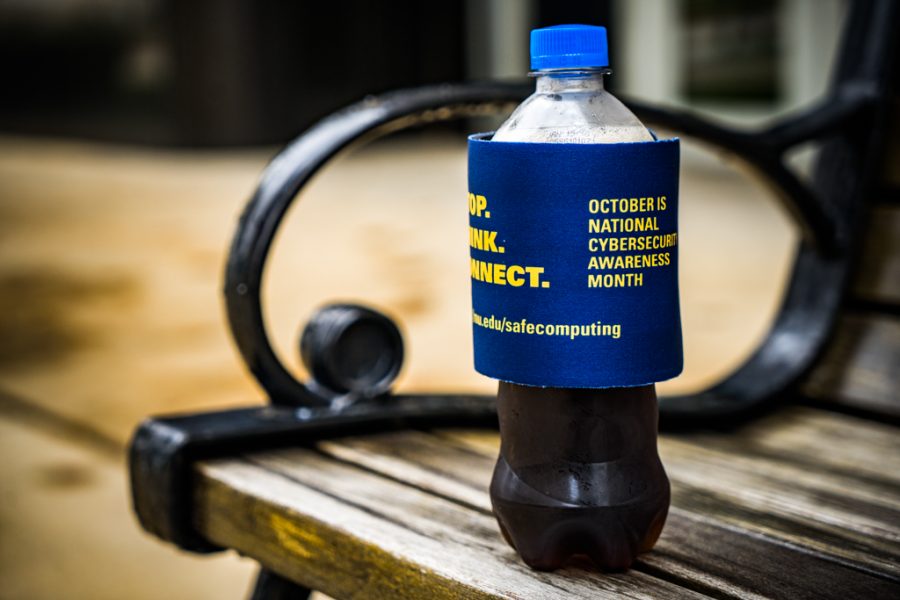This semester brought two new services from the Information Technology department, MU_Student wireless connection and an anti-spam quarantine folder for Marquette email accounts.
The two do not have any relation with one another, but are changes that IT Services worked on over winter break. MU_Student was made to save student internet login information on the device being used. The anti-spam quarantine folder will look through emails sent to anyone with a Marquette email and put suspicious emails, which may contain viruses, in a separate folder before it reaches an inbox.
Mary Simmons, senior director for technology services, said MU_Student was created in response to student complaints about continually having to log back onto MU_Wireless. If students walk across campus, the device they logged on with will remember their login information. MU_Student was also made to be safer.
“The traffic that goes across MU_Student is encrypted, whereas with MU_Wireless it is in plain text,” Simmons said. “And so if somebody was trying to hack into the wireless network, with MU_Wireless you can actually do something so that you can see the traffic that’s going across that circuit, whereas with MU_Student you could not because it’s encrypted. So it’s just a bit more secure.”
MU_Wireless will continue to remain available for student use, primarily because it is used by campus visitors. Although it is new, some students are appreciative of the simpler login process for MU_Student and prefer it over MU_Wireless.
“This is a brilliant and a pronounced change to the internet connectivity on campus,” said Brandon McBride, a junior in the College of Business Administration.
“I go on MU_Student because I get annoyed with logging in all the time,” said Max Willingham, an IT Help Desk analyst. “If a student comes in and we see MU_Wireless, we’ll usually give them the run down because it’s just easier for them.”
Simmons said a common misconception is that MU_Student is faster than MU_Wireless. However, the two go across the same circuit. Though campus wireless connection is faster as a result of IT Services purchasing more bandwidth, one server is not faster than the other.
The anti-spam quarantine folder was launched last week, and the service is provided by Microsoft. It will send an email every five days to alert the account holder of the quarantine folder’s contents, at which point they may mark it as safe to bring into the inbox or as spam. Each quarantined email is deleted after 15 days.
“It’s a more effective way for us to prevent spam from getting into everyone’s inbox,” Simmons said. “But the user community should go in and look at this quarantine folder [in case] there’s something legitimate in there that you want to save.”
The goal of the service is to keep harmful or deceptive emails from getting to users. However, Simmons stressed that the Marquette community be cautious about what they click on.
“People should still be careful,” Simmons said. “A lot of students and … members of the Marquette community tend to click on things they shouldn’t click on. So if it’s in your quarantine folder and you’re not quite sure about it, you should think twice about clicking on any link or opening the file.”



